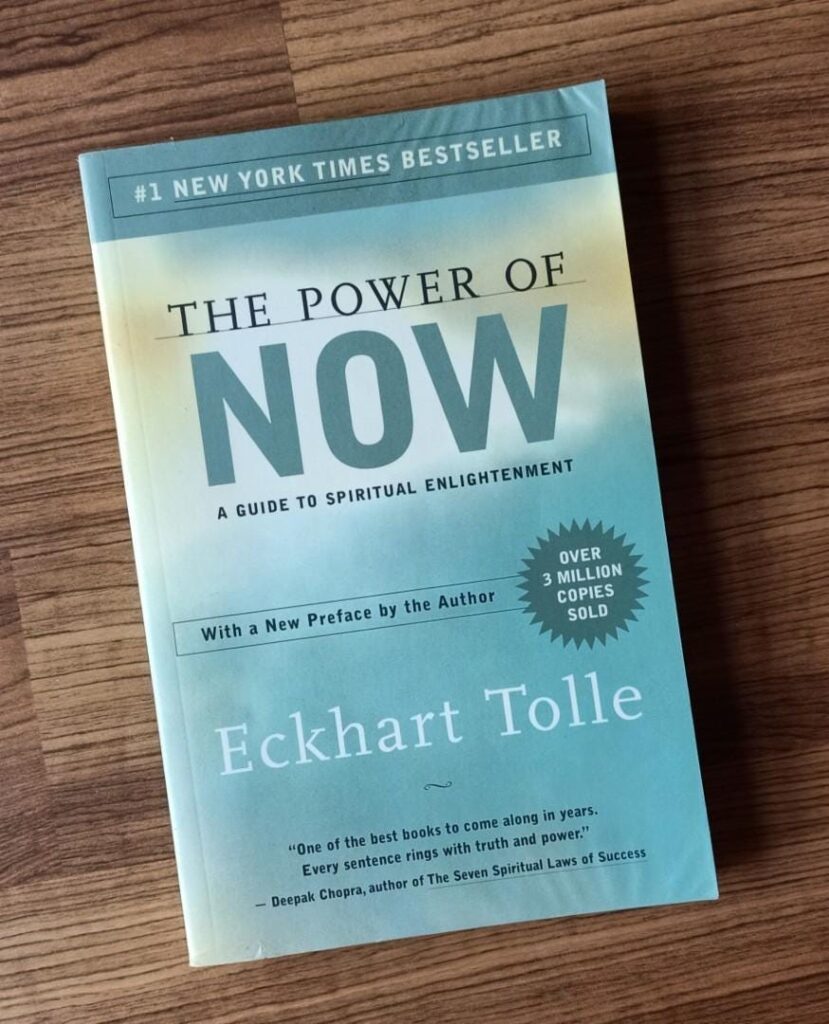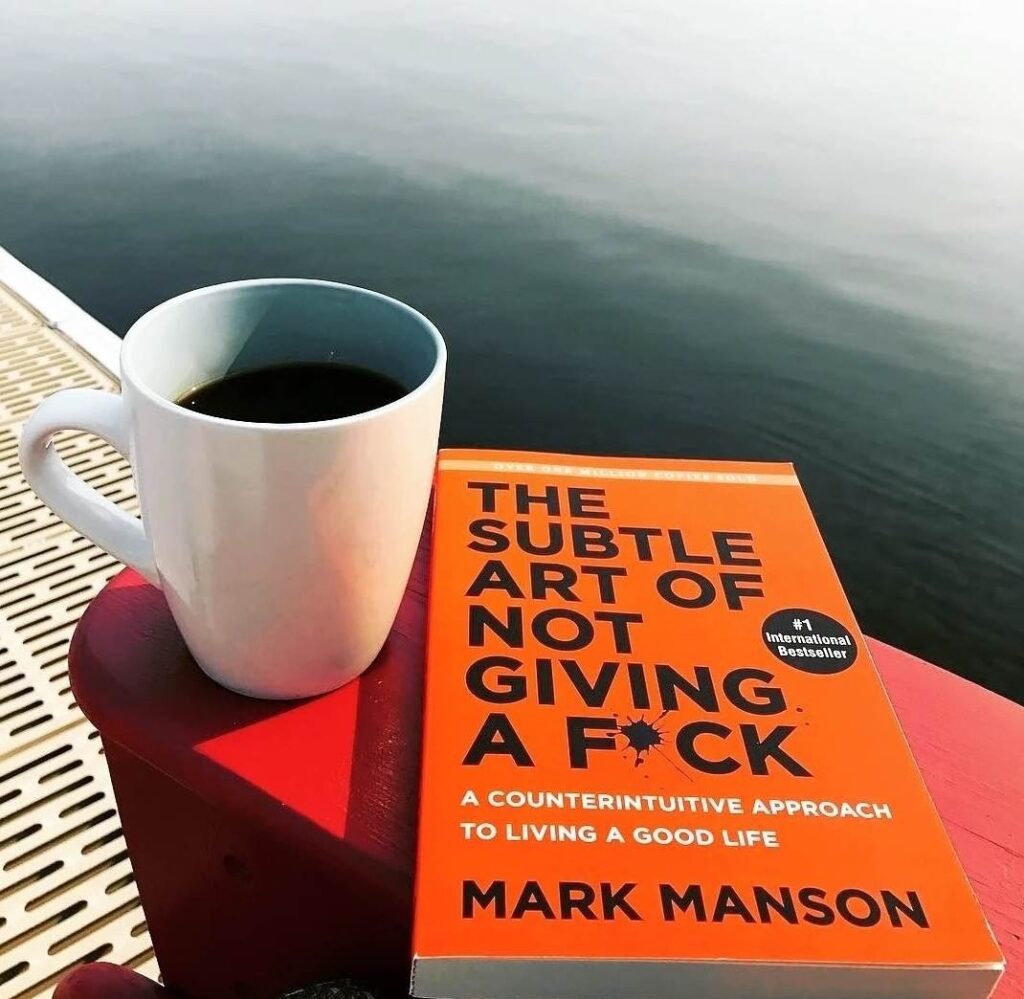Overthinking is a universal problem, a mental whirlwind that can leave you drained, anxious, and exhausted. Ever get the feeling that your mind is a runaway train, constantly chattering away with concerns, “what ifs,” and thinking about past errors? You’re not alone. I want to share few things, which i hope will help you in overcoming this feeling. This isn’t about shutting off your thoughts completely – that’s not possible. It is about learning to control them, to get off the worry hamster wheel and be at peace. So, what can we do about it? Let’s break it down.
The "5-Second Rule" to Escape the Overthinking Trap
Brain specialists indicate that it takes your brain only seconds to change ideas. That’s why there is the 5-Second Rule from Mel Robbins. Every time you find yourself stuck in excess thought, countdown 5-4-3-2-1 and get action.
Why does it work? Because it breaks up your thinking pattern and engages the prefrontal cortex, which is the decision-making area of your brain. It breaks the overthinking cycle before it gets out of control.
The Surprising Power of "Write and Burn"
Psychologists suggest expressive writing as a strong method to discontinue overthinking. Here is how to go about it:
- Write down each thought that is repeating in your mind.
- Don’t filter or judge it—just let it out.
- 5 minutes later, tear up the paper or burn it (safely).
This method allows your brain to work through emotions without becoming paralyzed by analysis. Research indicates that physically destroying written concerns sends a message to your mind that they’re no longer significant.
Stop Your Brain from Creating Fake Problems
Our brain has a negativity bias, or it tends to concentrate on issues—even when there aren’t any. One of the ways to combat this is to practice cognitive reframing. Next time you find yourself overthinking, ask:
“Is this thought helping me?”
“Am I forecasting the worst without actual evidence?”
“What’s a more balanced way to look at this?”
Reframing has been shown to alter the focus of your brain away from stress towards problem-solving and help you feel more in charge.
"Action Over Analysis" Mindset Shift
Most individuals overthink because they think they require more time to come up with the “perfect” choice. Perfection is an illusion, though. Harvard psychologists recommend the “Action Over Analysis” strategy:
- Set a time limit on decision-making.
- If something takes less than two minutes, do it immediately.
- Work towards progress, rather than perfection.
The more you make little, fast decisions, the less time your brain has to think too much.
The Unexpected Link Between Overthinking and Your Gut
Did you know that your gut health influences your brain? Scientists refer to it as the gut-brain connection. Study shows that an unhealthy gut may result in increased anxiety & excessive thinking. To help with a calmer mind:
- Consume fermented food such as yogurt, kimchi, or kefir.
- Decrease processed sugar, which feeds anxiety.
- Walk a little after eating to enhance digestion and mood.
The "Worst-Case Scenario" Trick
Overthinking feeds on fear. But suppose you confronted your worst fear directly? Here’s how to do it:
Ask yourself: “What’s the absolute worst that can happen?”
Then say: “If that happens, what will I do?”
In most cases, you’ll find that even the worst possible outcome isn’t as terrible as your mind convinces you. This trick reduces fear & gives us a plan—which stops overthinking in its tracks.

Last Thing That I feel Everyone Should Do is- Share, if you can
Speaking with a close friend, relative, or therapist can be immensely useful. Expressed thoughts and emotions can help you feel better and gain perspective. A therapist can even instruct you on how to deal with overthinking using specific methods like Cognitive Behavioral Therapy (CBT).
Anything the person reading it now, wanted to share, on how, you try to deal with these types of feeling, share in the cooments? I’d love to hear & I’ll try to add your tip in my life too and with sharing, i believe we can help other people too!
You Can Try Reading These, Reading Helps in many things

The Power of Now- by Eckhart Tolle
Teaches how to live in the present and stop getting lost in past regrets or future worries.

Stop Overthinking- by Nick Trenton
Provides science-backed techniques to break free from negative thought loops and mental exhaustion

The Subtle Art of Not Giving a F*ck- by Mark Manson
A straight-talking guide on how to stop worrying about things that don’t truly matter

Declutter Your Mind- by S.J. Scott & Barrie Davenport
Helps clear mental clutter with mindfulness and simple habits to calm an overactive mind


